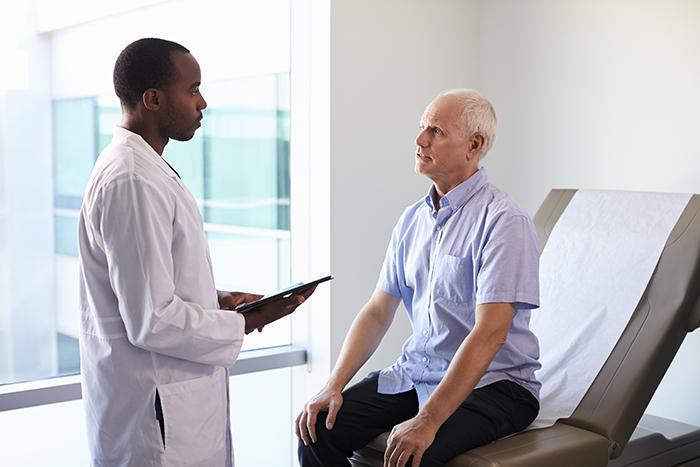Myth: Clinical trials are only available at large institutions.
Actually, many are at large hospitals, but multi-site studies may be available close to you. Ask your physician.
Myth: Some people get treatment and others don't in a clinical trial.
Treatment would never be denied a patient. Trials can be set up for many reasons, for example, to determine which treatment is better, or if a combination of two treatments are better than one alone.
Myth: Insurance will not cover clinical trials.
Often insurance will cover the costs. In some cases the clinical trials will cover the costs.
Myth: I will be treated like a guinea pig.
You will probably get more attention than the average patient because you will be monitored closely.
What are clinical trials?
Clinical trials are studies that investigate different therapies or combinations of treatments in order for researchers to improve the best treatment options for patients. They are an important part of the process of understanding diseases, and have been instrumental in providing information to the Food and Drug Administration for approval of new therapies.
Why should I participate?
Clinical trials cannot happen without patients to participate. Involvement in a clinical trial can contribute greatly to medical research, helping both the participating patient and others with the same disease. Patients may get access to therapies not readily available and play a more active role in their own treatment.
What will happen to me?
Clinical trials vary in their modes of research. Some require more time and effort than others. Contact the study director or research institution for details of specific studies, and talk to your physician to determine if this study is right for you.
How does it work?
Medical scientists make a treatment plan, or protocol, which determines the course of the research. Clinical trials are broken down into three phases.
- Phase I begins with a small group of patients to determine dosage safety and the best way to administer medication. Patients are monitored closely by qualified physicians.
- Phase II opens up to a larger group of patients to determine the effectiveness of treatment.
- Phase III involves an even larger group of patients and may involve a comparison of traditional treatments to the treatment being studied. If Phase III proves that the treatment being studied is beneficial to patients, it may proceed to the Food and Drug Administration for approval.
How do I find clinical trials in my area?
There are several online resources for finding clinical studies including clinicaltrials.gov and cancer.gov/clinicaltrials.
How do I participate in a clinical trial?
The first step is to contact the study director or research institution that is conducting the study to determine if you are eligible. Talk to your doctor about the benefits and risks of getting involved in any study.
There are several resources available online. Following is a partial list:
The National Institutes of Health (NIH)

